In Episode 7 of Energy Matters, we headed out to Procal Dairies to get a first-hand look at a clever little innovation that might just flip the dairy industry on its plastic-laden head. Roshan caught up with Edward Vawdrey, the founder of Popit Recycling, right where the very first Popit machine now lives and breathes, at the heart of Procal Daires’ manufacturing facility.
With Australia’s dairy industry working towards serious emissions and waste reduction goals, this episode shows how Popit is turning talk into action, one milk bottle at a time.
Popit Recycling: Changing the way milk bottles are recycled and manufactured
Before checking out the shiny new machine, Roshan first spoke with Taylor Quinn, National Logistics Manager at Procal Dairies. Taylor gave us a backstage pass into how the business operates. It all starts with fresh milk straight from Aussie farms. Once it arrives at the Procal site, it’s sanitised, homogenised, pasteurised, and bottled. From there, it hits businesses across Melbourne and Sydney. Simple enough, right?
But there’s more brewing behind the scenes. To reclaim their reusable crates, Procal began collecting used milk bottles from customers. That small logistical decision snowballed into something much bigger: a real push toward recycling.
And it turns out Procal has always been a bit ahead of the curve, they manufacture their own milk bottles on-site. Using 100% virgin resin, they mould the bottles in-house, saving about 7 cents per unit. But making bottles from scratch with new plastic didn’t align with Procal’s goals. Procal saw the opportunity to go greener. So they teamed up with local recycler Martogg and Popit to trial a closed-loop system—taking used bottles, shredding them, and using that material to make new ones.
Why milk bottles are such a big plastic problem
Enter Ed Vawdrey, co-founder of Popit Recycling, who gave us a walkthrough of the compact machine now operating at Procal. Ed co-founded Popit in 2024 to tackle one stubborn issue: milk bottles.
Most Aussies dutifully chuck their used milk bottles into the recycling bin. But when they rock up to the supermarket, every bottle on the shelf is made from fresh virgin plastic. It’s not for lack of trying, it’s a cost thing. Recycled plastic is more expensive to process, so most dairies don’t bother.
That didn’t sit right with the Popit crew. So they created a clever little machine to make it more viable for dairies to recycle and reuse their own bottles. The first Popit unit, now humming away at Procal, is only half the puzzle. The second half of the machine, due in a few months, will take things even further.
The Popit process: rinse, shred, repeat
What makes Popit different is its ‘take-back’ process. Rather than relying on kerbside recycling, dairies collect empty bottles directly from the businesses they supply. That means cleaner plastic and less contamination.
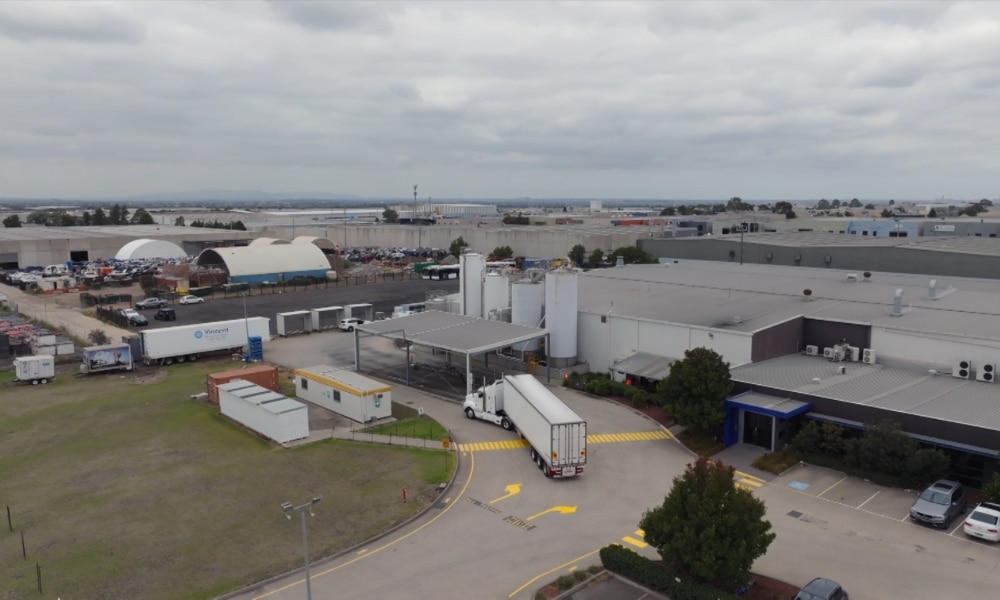
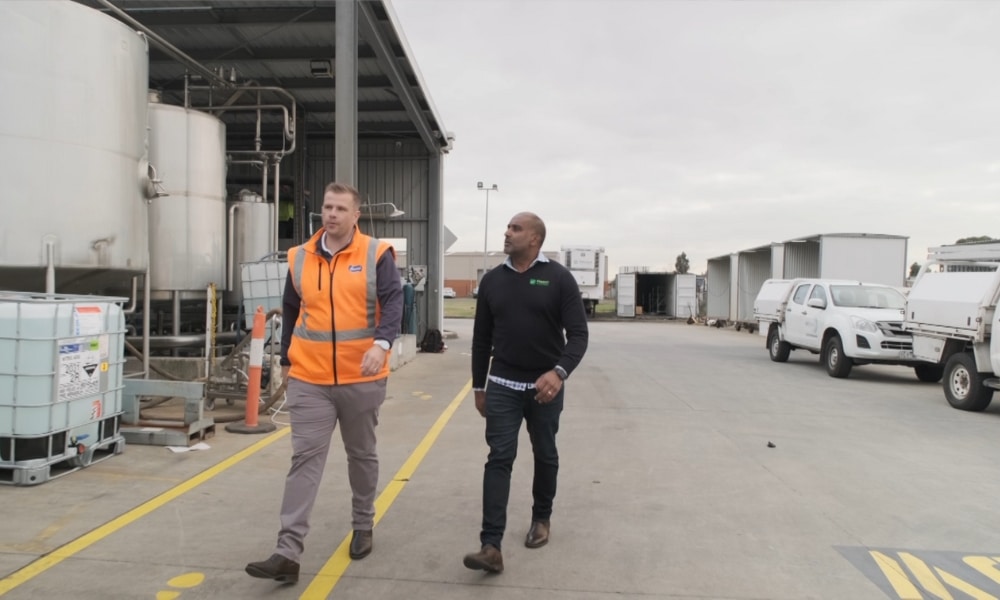
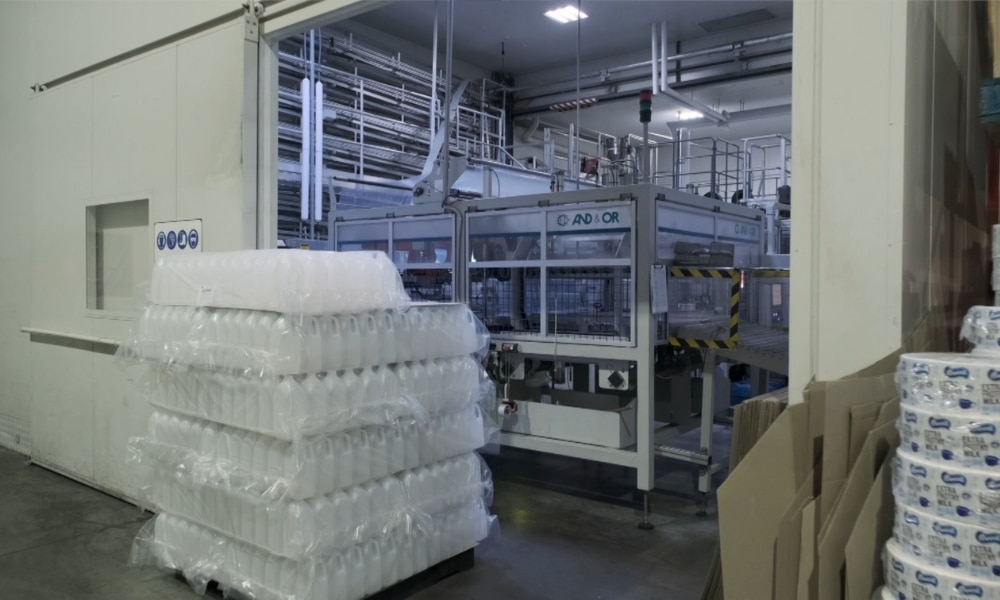
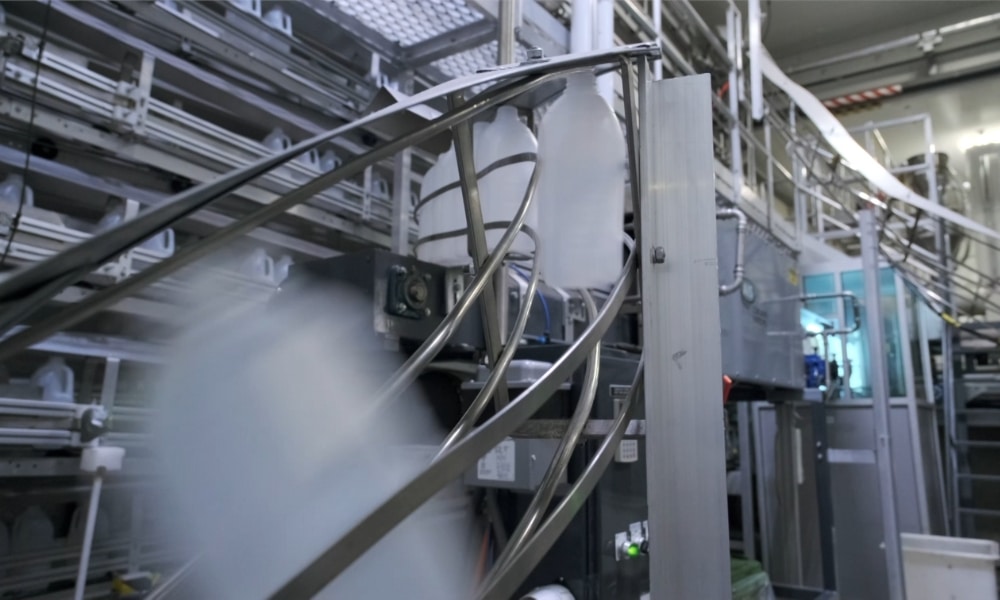
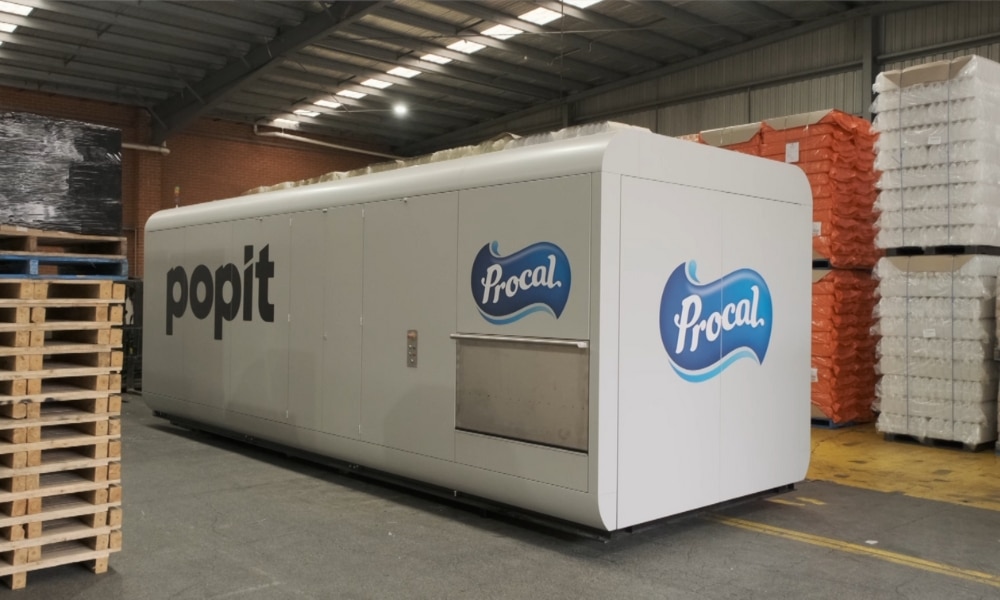
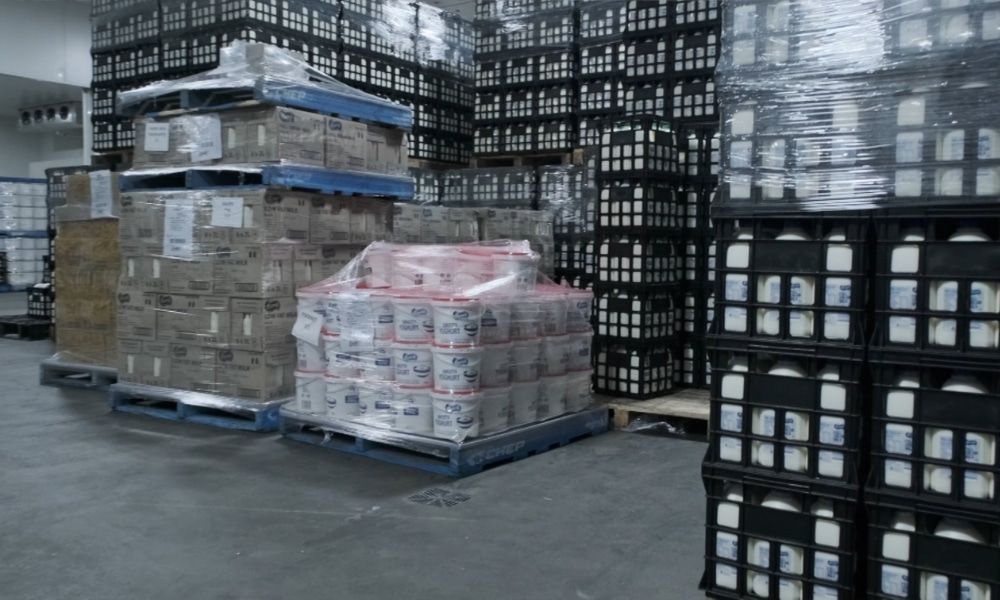
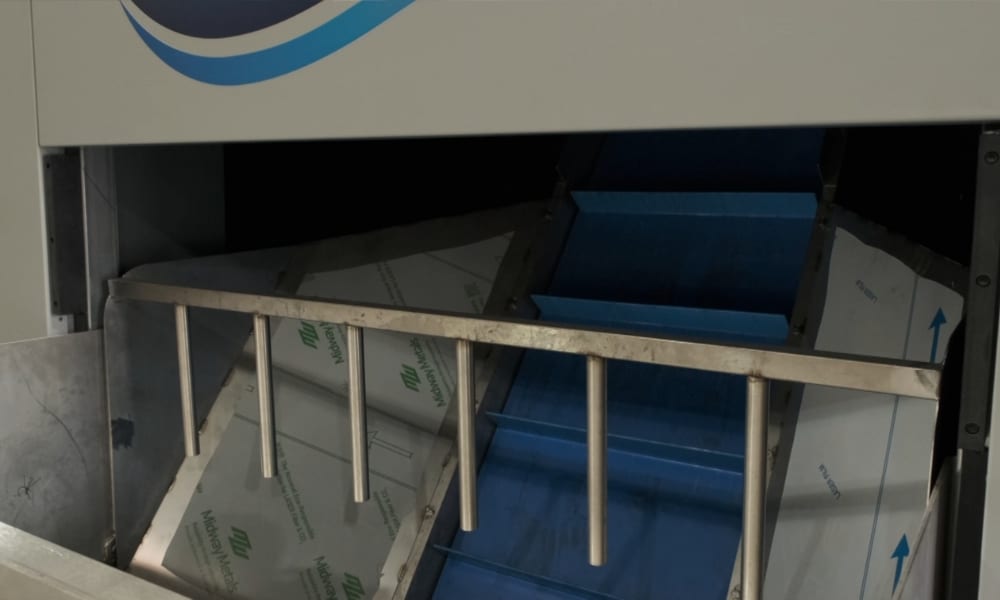
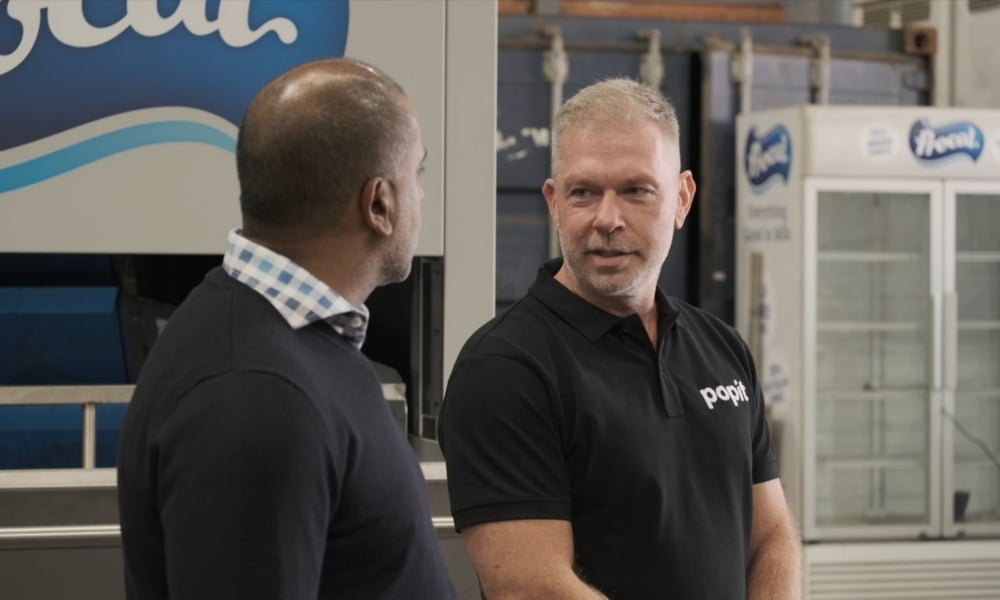
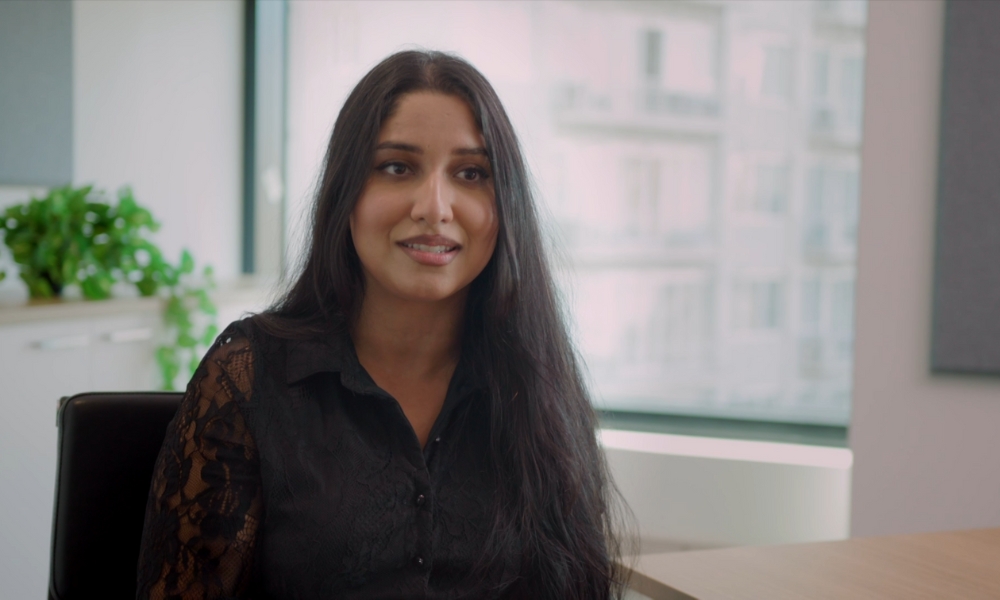
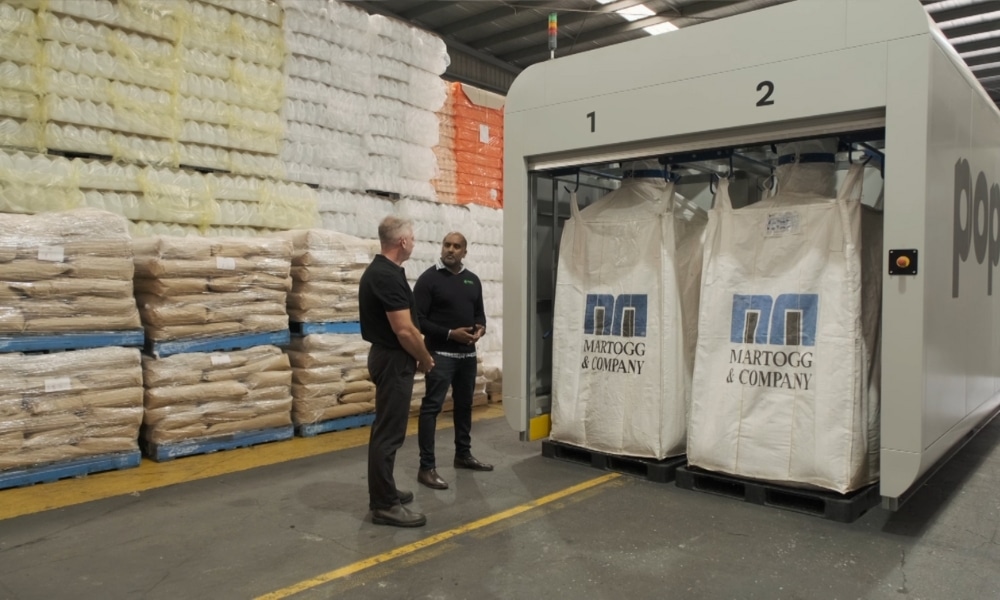
The current Popit machine rinses and shreds used bottles into flakes. These flakes can be sold straight away, handy for a business looking to offset costs. But once the second machine arrives, the flakes can be refined even further, making them suitable for turning back into, you guessed it, new milk bottles.
It’s this circular approach that makes Popit’s model so exciting. Not only does it reduce plastic waste, but it also shrinks the need for virgin plastic production. That’s a win-win if we’ve ever seen one.
What this means for the dairy industry
To understand the bigger picture, we also spoke with Jhin Bagchi, Environmental Projects Lead for Dairy Australia. Jhin’s team helped create the Dairy Industry Packaging Roadmap, a plan to guide the industry toward more sustainable packaging solutions.
According to the roadmap, milk bottles need to do more than just hold milk. They have to meet tough standards for food safety, shelf life, and performance. Any change to their design or materials has to pass some pretty strict tests. That’s why integrating recycled content has been a challenge until now.
Jhin explained that Popit’s approach seems to address one of the most stubborn roadblocks: making sure recycled material is clean, consistent, and safe to use in food packaging. It’s a small but powerful shift that could help the dairy industry meet its targets without compromising product quality.
What’s next for Popit?
For now, Popit is staying focused on the dairy industry. It’s the perfect testing ground; a high-volume, high-waste sector with tight safety standards. If they can crack it here, there’s hope for other industries, too.
Ed’s long-term vision? Make Popit machines smarter, smaller, and cheaper. One day, he hopes Australians will see Popit units everywhere, from farms to food halls, making on-site plastic recycling as normal as taking out the bins.
A smarter way to milk recycling
Episode 7 of Energy Matters reminded us that big changes often start with small tweaks. Popit might be a compact machine, but it represents a massive leap forward for sustainable packaging in Australia.
By thinking locally, closing the loop, and making it easy for dairies to do the right thing, Popit is setting a new standard. It’s proof that with the right tech—and the right mindset—we can clean up the plastic problem one bottle at a time.
Missed the episode? No worries! Catch up now via 9Now. You can also catch encore screenings at Sunday at 8am, Tuesday at 6:30am, and Thursday at 10:30am.


















